The decline of the groundfish fishery, depressed lobster prices, the sluggish economy, and other factors have created serious financial problems for many fishing-related businesses in the Northeast. Most everyone has heard the adage that “it takes money to make money,” but it can be hard to secure sufficient capital to ensure the cash flow that is the lifeblood of business.
That’s why the Cape Pond Ice story that broke in mid-May was such an attention grabber. A consortium of public and private lenders got together to refinance the long-term debt of the Gloucester waterfront ice plant, which has served the fishing industry for
166 years.
 Less than a year before, company owner R. Scott Memhard announced that he needed to put the property up for sale because of a drop-off in demand from the groundfish fleet and state restrictions on how his premises could be used.
Less than a year before, company owner R. Scott Memhard announced that he needed to put the property up for sale because of a drop-off in demand from the groundfish fleet and state restrictions on how his premises could be used.
But city officials, state lawmakers, and local bankers soon realized that the loss of the only full-time operating icehouse in the port would be a huge blow to Gloucester’s fishing industry – and the city’s long-range plan to revitalize the harbor.
Mass Development, the state’s finance and development authority, and Rockport National Bank came up with a flexible, long-term mortgage at favorable rates totaling nearly $700,000 to pay off Cape Pond Ice’s previous lenders. And, Massachusetts Growth Capital Corp., a public corporation that helps businesses facing unusual challenges, provided a line of credit to support Cape Pond’s operations and building improvements.
At the same time, state Sen. Bruce Tarr and Rep. Ann-Margaret Ferrante worked with regulators to clarify Designated Port Area (DPA) regulations, which stipulate that half of the business of a company located within a DPA must serve water-dependent users. Cape Pond Ice had diversified over time and, with the groundfish downturn, was in danger of falling short of that benchmark. But, in mid-February, the Massachusetts Department of Environmental Protection declared that Cape Pond Ice was “an essential hub port use, serving the needs of the fishing industry,” and, so, determined that the entire parcel of land met state DPA requirements. As a result, Cape Pond Ice now has the flexibility to recruit tenants to share the financial load.
There was good news in Maine, too. On May 7, the US Commerce Department’s Economic Development Administration announced a $500,000 grant to Coastal Enterprises Inc. (CEI), a nonprofit Rural Community Development Corporation, to infuse additional capital into its Commercial Fisheries/Aquaculture and Working Waterfront Revolving Loan Fund. The fund provides loans to support fishing operations and launch new fishing-related businesses.
CEI also was able to put out a call for proposals for the state’s Working Waterfront Access Protection Program earlier this year when restrictions on
$1 million in bond funds approved in 2010 were lifted by the LePage administration. CEI has reopened the application process to additional proposals with a new deadline of Sept. 9.
And, CEI is working with the National Fish and Wildlife Foundation to investigate the potential for developing a national loan program to make more capital available to the fishing industry.
Creative approaches to financing such as these are lifesavers for fishing businesses and critical to securing the industry’s future. Everyone involved deserves our thanks for their efforts. /cfn/
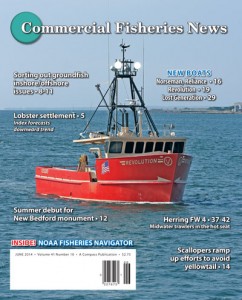
Read the rest and much, much more in the June issue of Commercial Fisheries News.
Read online immediately and download for future reference.


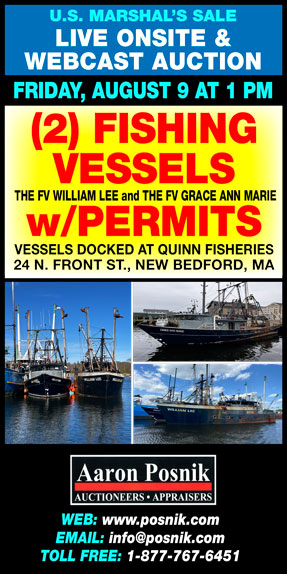
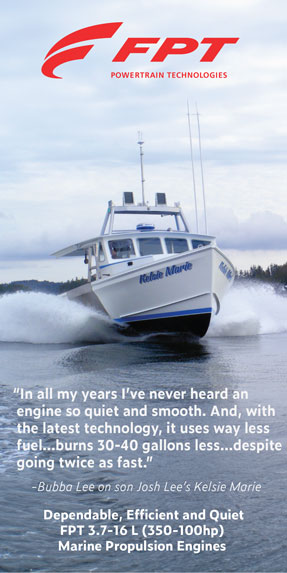
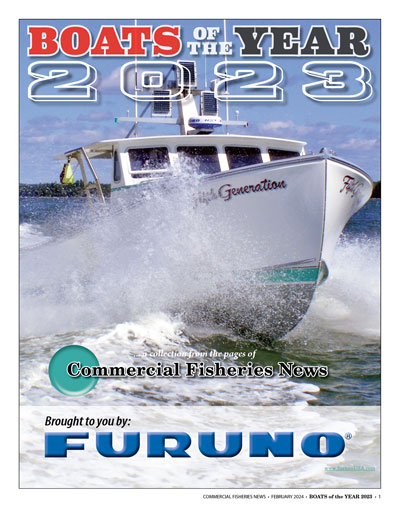
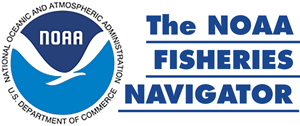


 Updating...
Updating...